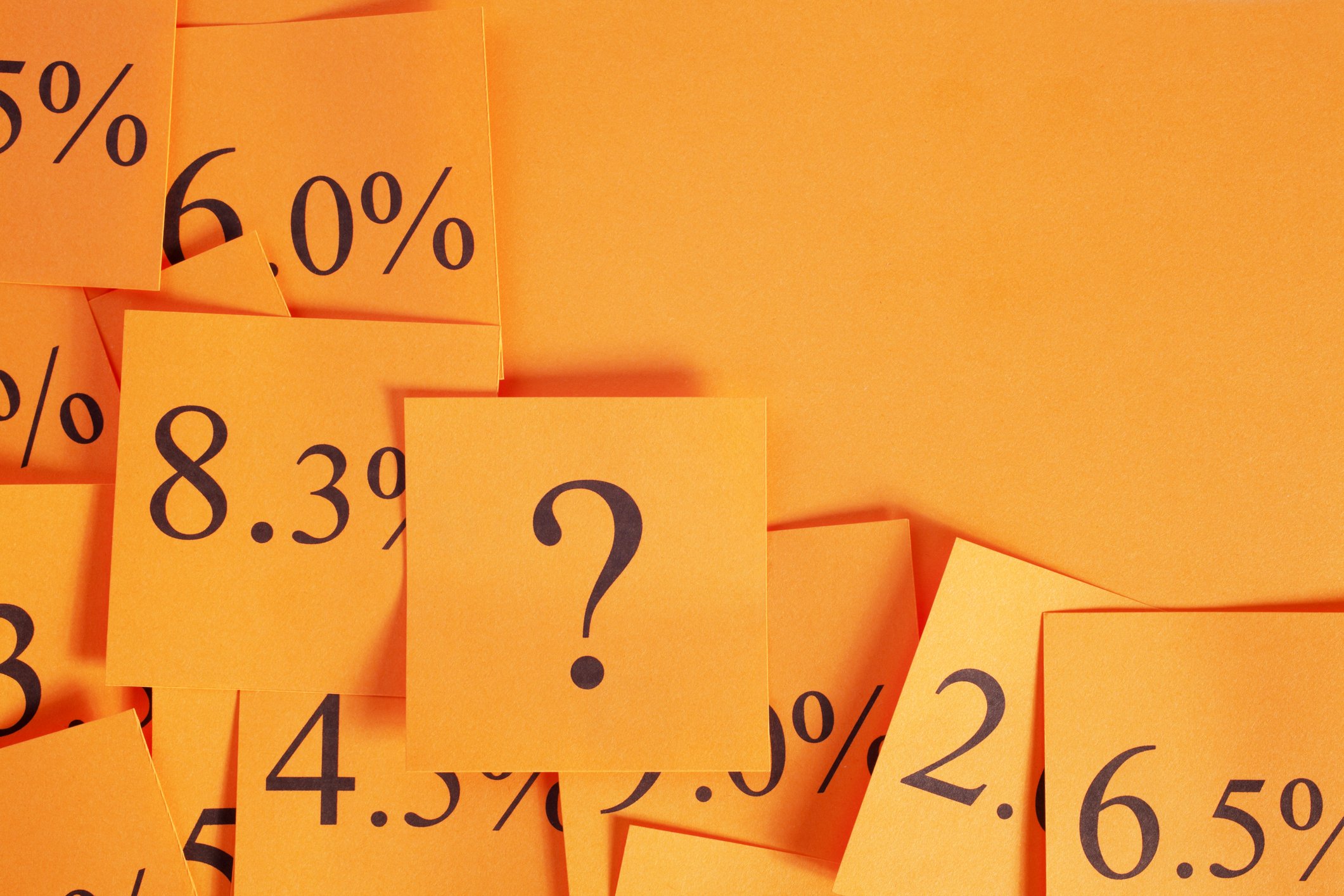Credit Card Mistakes: What Happens When You Max It Out
Credit cards can feel like financial freedom—tap, swipe, done. But here’s the catch: just because you can spend up to your credit limit doesn’t mean you should.
One of the biggest mistakes teens (and adults!) make with credit cards is maxing them out. It seems harmless at first—“I’ll just pay it back later”—but it can cause a chain reaction of money stress, credit score drops, and major regret.
In this post, we’ll break down what “maxing out” really means, why it’s a problem, and how to use your credit card smarter.
What Does “Maxing Out” Mean
To max out a credit card means you’ve spent all the money available on it—basically hitting the credit limit.
For example:
If your credit limit is £500, and you spend £500, you’re maxed out.
Even small purchases like a snack or a subscription could get declined if you go over.
It’s like filling your petrol tank to the top and trying to add more—it overflows, and things get messy.
Why Maxing Out Is a Big Mistake
1. It Hurts Your Credit Score
Your credit score is partly based on how much of your credit you're using. This is called your credit utilisation ratio.
Experts recommend keeping your balance under 30% of your limit.
So if your limit is £500:
Under £150 = good
£500 (maxed out) = not good
A high utilisation ratio signals to lenders that you might be struggling with money—even if you’re not.
2. You’ll Pay More in Interest
If you don’t pay the full balance at the end of the month, you’ll start getting charged interest on the amount you owe. And when you’ve maxed out, the interest charges can pile up fast.
A £500 balance at 24% APR could cost you £120+ a year in interest if you only make minimum payments.
3. You Might Get Rejected for More Credit
When you max out a card and apply for another one or a loan later (like for a car or phone plan), lenders might say:
“Hmm... this person already owes a lot.”
That can lead to rejections or higher interest rates because you're seen as a risk.
4. It’s Easy to Fall Into a Debt Trap
Maxing out your card can lead to a dangerous cycle:
You can’t pay it all off
Interest grows
You pay the minimum
Balance barely moves
You feel stuck.
That’s how debt spirals start—and they’re hard to escape.
But What If You Really Need To Spend That Much
Sometimes emergencies happen. But even then, try this:
Talk to the bank first: See if they offer a short-term plan or lower interest.
Use savings if you have them: It’s what they’re for.
Pay it down quickly: Even £10 extra a month helps.
Don’t make it a habit: One-time emergency? Okay. Every month? Red flag.
Smart Credit Card Habits To Avoid Maxing Out
Track your spending with apps or alerts
Aim to use less than 30% of your limit
Pay your balance in full each month (or as much as you can)
Set a personal limit lower than the card's limit
Treat it like a debit card—only spend what you can afford to repay
Final Thought
Credit cards aren’t evil—they’re a tool. But like any tool, they can be helpful or harmful depending on how you use them.
Maxing out your credit card might feel easy in the moment, but it comes with serious consequences that can follow you for years.
The goal isn’t to spend everything you can—it’s to manage your credit so it works for you, not against you.
Be smart. Stay in control. And remember: the real power is knowing when not to swipe.
If you use it responsibly, a student credit card could help you manage your money while you’re at college or university. It’s also a way to start building up a good credit score. Read our guide on what you need to know before you apply.










